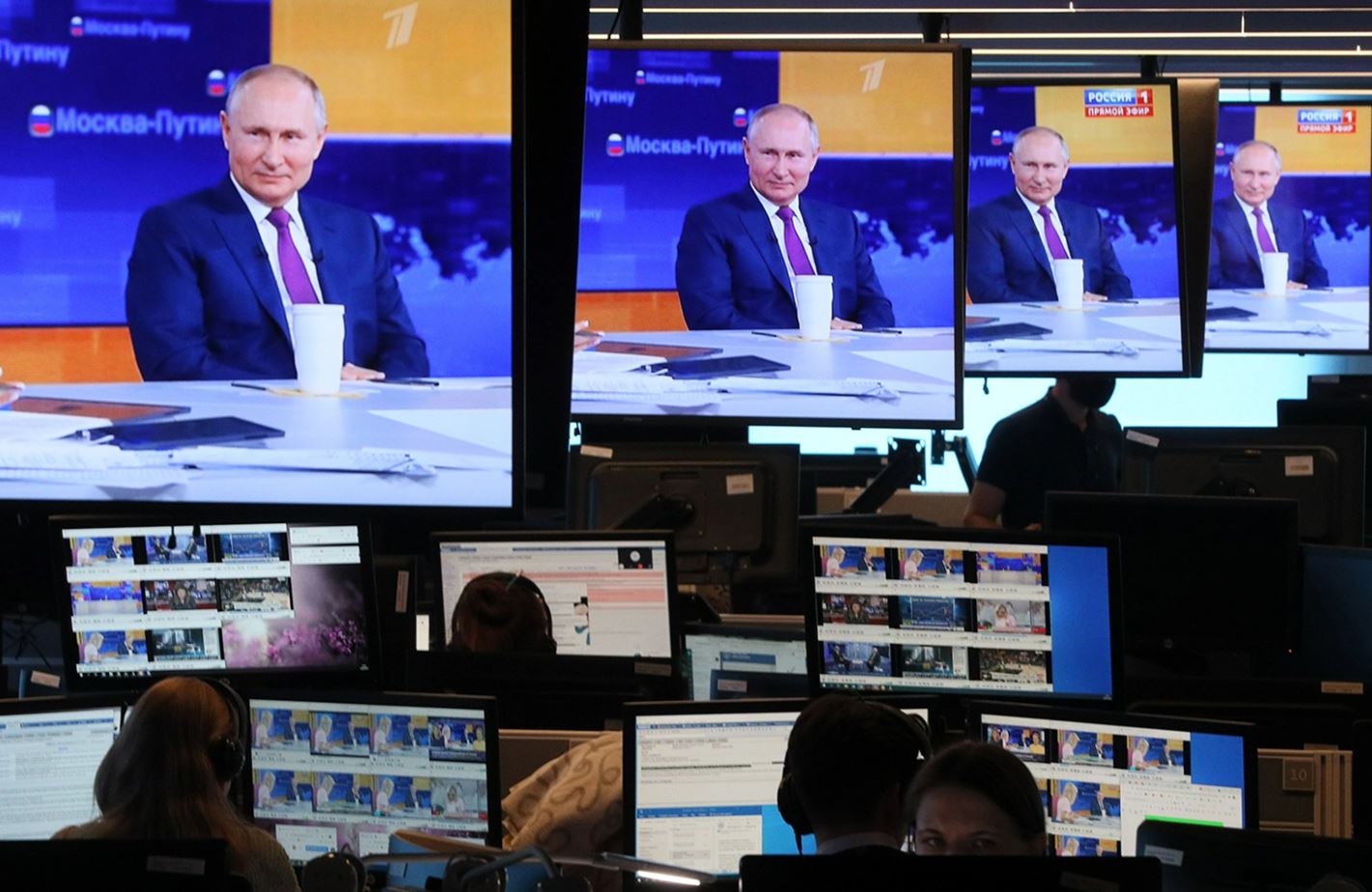Nicaragua’s access to credible news is becoming increasingly difficult. The Ortega-Murillo regime not only continues to close local media outlets and persecute their journalists but is now providing content from the Russian radio network and broadcaster Sputnik to some twenty Nicaraguan state media outlets.
“This is a practice aimed at closing the information space and keeping the population in the dark because the opacity of information conveys control and power.
“For Russia, it is important that its version of events – especially since the invasion of Ukraine – continues to sow distrust in democracy and in the countries that guarantee democracy,” explained María Isabel Puerta, a political scientist with a Ph.D. in American exile.

The dissemination of Russian news in Nicaraguan media was made possible by a September 5 cooperation agreement between the media coordinator of Nicaragua’s Communications and Citizenship Council, Daniel Edmundo Ortega Murillo, son of Daniel Ortega and Rosario Murillo, and Vasili Pushkov, director of international cooperation at Sputnik.
“This agreement goes against what the Nicaraguan people are demanding: freedom to express themselves, freedom to be informed, without speeches manipulated by power, with pluralistic debates, with the possibility of hearing different voices,” Carlos Jornet, president of the Inter-American Press Association’s Committee for Press Freedom and Information, stressed to Voice of America.
“It’s an alliance in which both sides solidify their disdain for professional journalism and their desire to reinforce a narrative that is out of touch with reality.” The regime attacks not only local media but also the international press.
“At CNN en Español, we believe in the important role that press freedom plays in a healthy democracy. On [September 21], the Nicaraguan regime cut off our television signal, depriving Nicaraguans of news and information from our channel, which they have trusted for more than twenty-five years,” the network said in a statement.
“CNN en Español will continue to fulfill its responsibility to the Nicaraguan public by providing our news links on CNNEspanol.com so they can access information that is otherwise unavailable.”
Rosario Murillo told state media that the station had violated the sovereign security law passed in 2015 but did not give specific details, as reported by AFP.
“The media are fundamental pillars in a democratic system. Therefore, for [non-democratic] regimes, they are an enemy to defeat and bend to maintain control over the media and information,” Puerta said.
“Disinformation contributes greatly to maintaining the political regime. An authoritarian regime must control public opinion. A free press is always an obstacle in this sense.”
According to the latest report on press freedom violations in Nicaragua by Voces del Sur (Voices of the South), a regional network of Latin American civil society organizations that promotes and defends press freedom and freedom of expression, 30 media outlets were closed between January and August 2022, including twenty-seven radio stations, three television stations, five local news programs, one national and at least five talk shows.
For its part, the Organization of Independent Journalists and Communicators of Nicaragua (PCIN) reports that more than one hundred and twenty journalists are in exile. In Costa Rica, 65 digital, print, radio, and television professionals are in exile.
“The persecution of the press in Nicaragua only reflects the regime’s fear that what is happening in the country will be exposed,” said Víctor Pérez, director of the Nicaraguan digital magazine “ÍnterTextual” and a member of the PCIN board.
“Some of the actions against the press are the result of a general desperation that only aims to silence us while informing the population about the reality of what is happening inside and outside the country.”
Considering the situation in Nicaragua, Puerta recommends creating information networks, supporting independent media, and being careful with the information disseminated so as not to reinforce the means of disinformation already present.
“In this environment where the regime rules with an iron hand, to prevent the dissemination of content [with disinformation], we must take responsibility for what we disseminate so that people can access truthful, real, and verifiable information,” Puerta concluded.
With information from Latina Press

